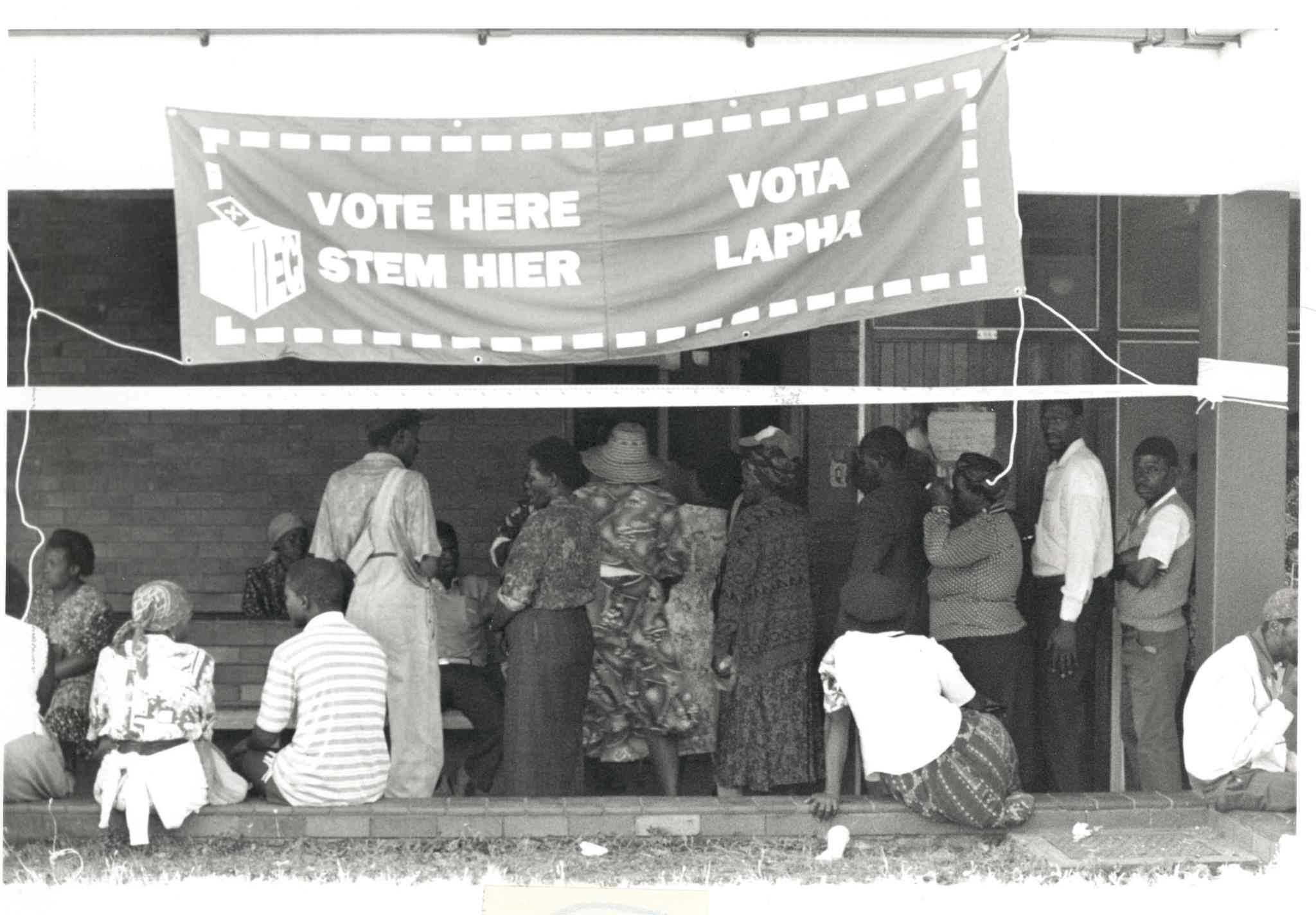
Today is Freedom Day in South Africa. Twenty-two years ago, the country held its first democratic elections in which people of all races and economic classes were allowed to vote.
The elections brought an end to the racist and oppressive apartheid regime which was, at the time, the greatest obstacle to democracy in South Africa. Apartheid excluded the vast majority of the population from democratic decision-making processes and built a system of economic extraction which benefited the small white population at the expense of everyone else, especially the black majority. South Africa’s transition from one of the most evil political systems of the modern era to a robust and vibrant democracy remains one of the most remarkable political transformations the world has seen.
Although South Africa’s democratic institutions remain some of the strongest on the African continent, the country faces a myriad of challenges as it seeks to consolidate its democracy. The legacy of apartheid continues to be a ball and chain for the young country. The economic infrastructure of apartheid remains largely intact, perpetuating gross inequality and economic exclusion largely along racial lines. South Africa’s economy is struggling and there is a growing sense of discontentment, particularly among youth. Last year, the largest student protests since the end of apartheid swept the country. Under the rallying cry #FeesMustFall, students took to the streets over a proposed tuition fee hike and what they viewed as broken promises by the post-apartheid government. Sometimes that discontentment is directed towards innocent scape goats. Xenophobic violence, mostly against African foreign nationals, reared its ugly head again last year. The violence betrays the spirit of the Freedom Charter which states that “South Africa belongs to all who live in it”.
The government has been rocked by a series of scandals. In December last year, the South African rand crashed after President Jacob Zuma fired his respected finance minister—who had been blocking an imprudent and potentially corrupt government deal—and replaced him with an unknown Member of Parliament, only to replace the new minister after four days. Then, only a few months later, another finance ministry scandal emerged when the deputy minister alleged that a famously wealthy and politically connected family—called the Guptas—had offered him the position of finance minister! This suggested President Zuma had abdicated his constitutional duty of appointing ministers to a crucial government post to his rich friends. Earlier this month, the country’s highest court held that the president failed to uphold the constitution by refusing to repay a portion of the millions of taxpayers’ money spent on upgrades to his private home, despite a directive to do so from a constitutional institution called the public protector. The court also rebuked parliament for failing to hold Mr Zuma accountable.
The court’s ruling is a warning for all of us—but most especially the people of South Africa—that South Africa’s democracy is under threat. If parliament continues to fail to hold the executive accountable; if legally binding directives are ignored again in future; if state control is captured by elite interests; and if electoral promises are broken and politicians and the politically-connected accumulate wealth while the vast majority of people live in abject poverty, then South Africa’s remarkable transition to democracy will start to come apart at the seams. But the court’s ruling is also a testament to the tenacity of South Africa’s democracy. As Mr Zuma’s own finance minister, Pravin Gordhan, put it recently at an event in Washington: “the constitutional court, and us as a country, have reaffirmed our faith in our constitution … it is these sorts of events that give it life, give it meaning, and educate people on what its significance is and what it means for them”. This Freedom Day, all South Africans should take a moment to recommit themselves to protecting and advancing their constitutional democracy in order to consolidate the hard-fought gains that we celebrate today.
Top